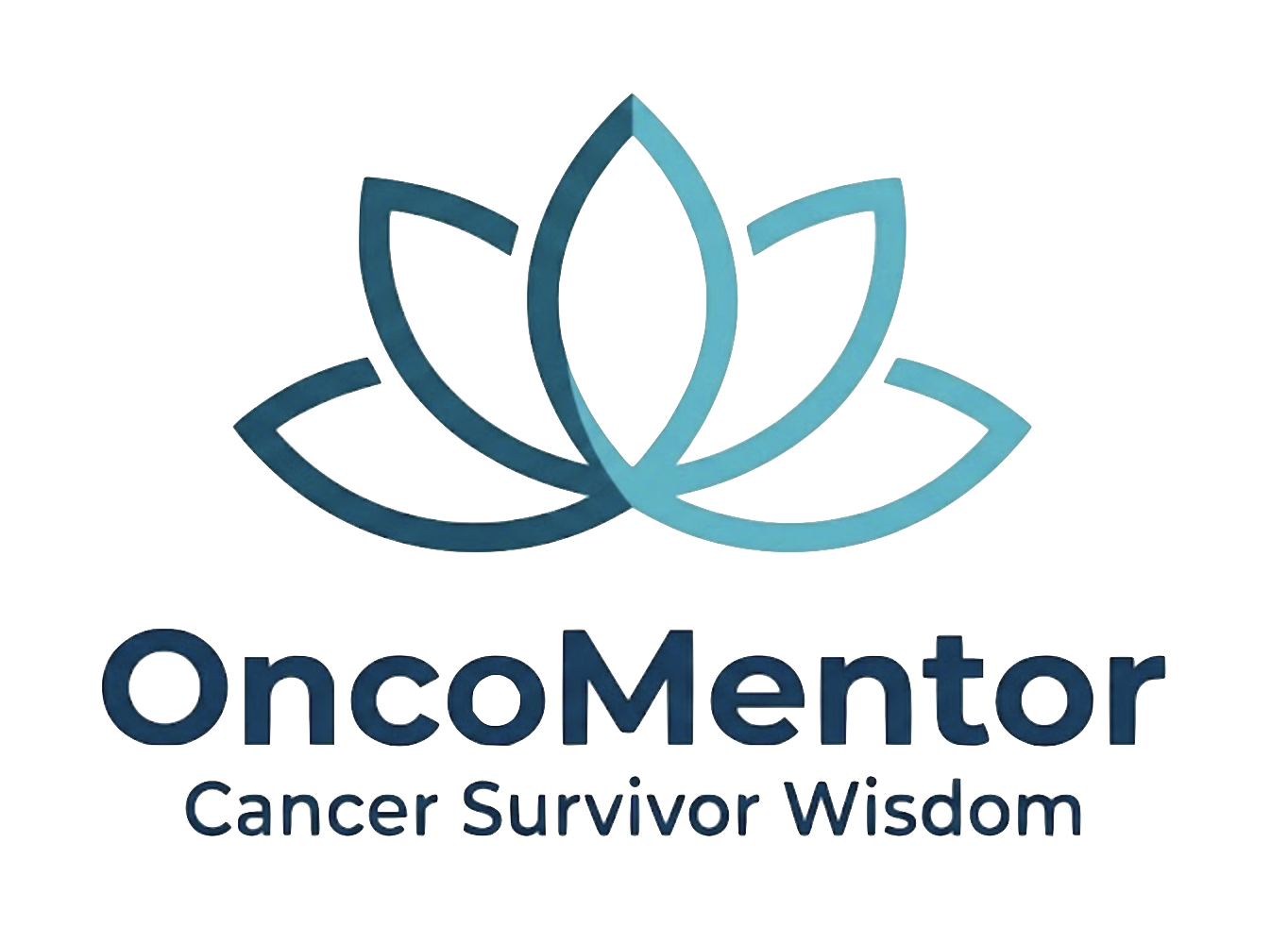We've gone from broad-stroke chemotherapy to targeted drugs, and now, to the elegant precision of immunotherapy, which unleashes the body's own defenses against disease. Yet, even with these advancements, there remains a persistent enigma: why do some patients respond dramatically to a treatment, while others with seemingly identical cancers do not? The answer, increasingly, appears to lie not just in the tumor or the immune system alone, but in an unexpected, bustling metropolis residing within each of us: the gut microbiome.
For years, these trillions of bacteria, fungi, and viruses living in our digestive tracts were largely appreciated for their role in digestion or perhaps their influence on conditions like irritable bowel syndrome. But a quiet revolution in oncology research is now illuminating their profound and often surprising impact on cancer treatment, particularly for immunotherapies. Breakthrough studies are revealing that the unique composition of a patient's gut bacteria can be a powerful predictor of how effectively their immune system will rally against cancer when given checkpoint inhibitors, drugs like pembrolizumab (Keytruda).
Imagine a symphony orchestra: for the music to be powerful and cohesive, every instrument needs to play its part in harmony. Similarly, our immune system, particularly its T-cells, needs the right "training" and "activation" to effectively identify and destroy cancer cells. The gut microbiome, it turns out, acts as a critical conductor in this process. Certain beneficial bacteria appear to prime the immune system, making it more robust and responsive to immunotherapy. For example, research highlighted by the National Cancer Institute (NCI) and Memorial Sloan Kettering Cancer Center (MSKCC) suggests that a diverse and healthy microbiome, featuring specific bacterial species like Akkermansia muciniphila, can significantly enhance a patient's response to these life-saving drugs. Conversely, an imbalanced microbiome may dampen the immune system's readiness, making immunotherapy less effective. This isn't just theory; it's increasingly backed by compelling data from clinical observations.
The implications of this discovery are monumental. If we can understand which microbial compositions correlate with better outcomes, and more importantly, if we can modulate that composition, we unlock an entirely new avenue for therapeutic intervention. This brings us to one of the most exciting and unconventional breakthroughs in this field: Fecal Microbiota Transplants (FMTs).
Yes, it sounds unusual, but early clinical trials have demonstrated remarkable promise. Landmark research, notably from the University of Chicago and published in prestigious journals like Nature Medicine, has shown that FMTs can literally "reprogram" the gut environment of patients. In one striking study involving individuals with advanced melanoma who had previously not responded to immunotherapy, transplanting stool samples from patients who did respond led to some incredible shifts. A subset of these non-responders subsequently began to respond to anti-PD-1 immunotherapy, seeing their tumors shrink or stabilize. This suggests that we might be able to 'import' the beneficial microbial traits from responders to help those whose immune systems are struggling.
As an oncologist, this is groundbreaking. It offers a tangible, if still experimental, strategy for overcoming resistance to therapies that are otherwise incredibly powerful. Beyond FMTs, the future is likely to include more nuanced approaches: specialized diets designed to cultivate a beneficial microbiome, or precisely engineered "cocktails" of probiotics aimed at boosting specific immune responses. While we're still in the early phases, and these are not yet standard practice, the message is clear: the patient's internal ecosystem is a vital, active participant in their fight against cancer.
This new frontier in oncology exemplifies the evolving nature of medicine. It reminds us that our bodies are complex, interconnected systems, and that solutions may come from unexpected places—even from the trillions of silent partners living within our gut. It’s a testament to scientific curiosity and a beacon of hope, promising more personalized and potentially more effective treatments by harnessing the smallest, yet arguably most influential, elements of our own biology.
This article is for informational purposes only and does not constitute medical advice. The content is not intended to be a substitute for professional medical advice, diagnosis, or treatment. Always seek the advice of your physician or another qualified health provider with any questions you may have regarding a medical condition. Never disregard professional medical advice or delay in seeking it because of something you have read in this article.
Sources:
https://www.mskcc.org/news/targeting-gut-microbiome-improve-immunotherapy-response
https://www.uchicagomedicine.org/news/fecal-transplant-helps-melanoma-patients-respond-to-immunotherapy
https://www.cancer.gov/news-events/cancer-currents-blog/2021/microbiome-immunotherapy-cancer-response
https://www.nature.com/articles/s41591-021-01302-0





